June Eric-Udorie: Feminism to be taught in A-level politics curriculum after teenager's campaign
Feminism is back on the curriculum, thanks to one schoolgirl
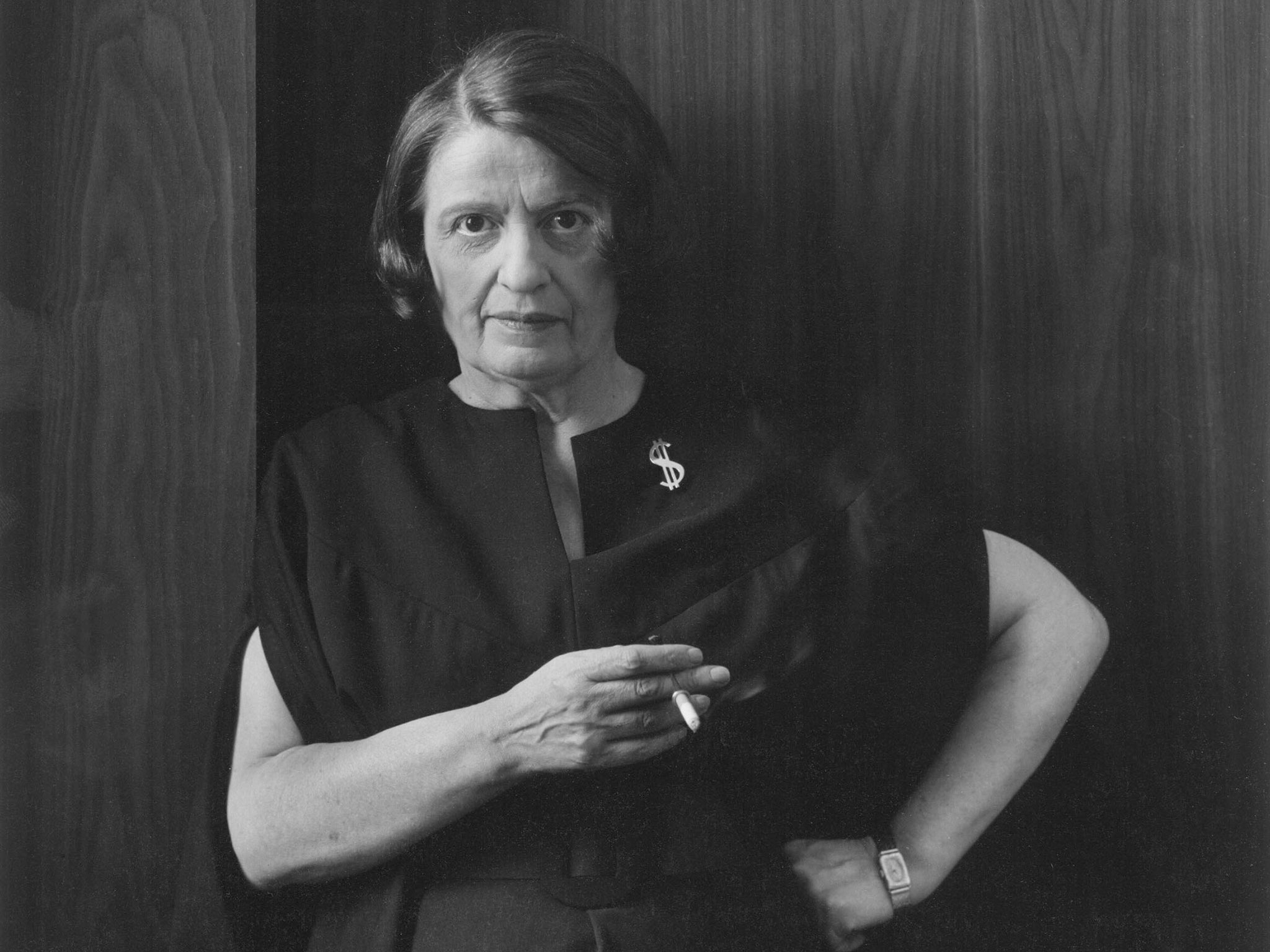
Your support helps us to tell the story
From reproductive rights to climate change to Big Tech, The Independent is on the ground when the story is developing. Whether it's investigating the financials of Elon Musk's pro-Trump PAC or producing our latest documentary, 'The A Word', which shines a light on the American women fighting for reproductive rights, we know how important it is to parse out the facts from the messaging.
At such a critical moment in US history, we need reporters on the ground. Your donation allows us to keep sending journalists to speak to both sides of the story.
The Independent is trusted by Americans across the entire political spectrum. And unlike many other quality news outlets, we choose not to lock Americans out of our reporting and analysis with paywalls. We believe quality journalism should be available to everyone, paid for by those who can afford it.
Your support makes all the difference.Teaching feminism will be compulsory in schools after the intervention by the Secretary of State for Education, Nicky Morgan, in a row over the A-level syllabus.
The politics A-level will now include more female thinkers and “specific references to feminism” following a public campaign against the limited role of women in the curriculum.
Campaigners were angry that under proposed changes feminism would not be taught as a major political philosophy. Ms Morgan was also criticised for including only one woman in a list of 14 political thinkers whom A-level students were required to study.
Around 50,000 people signed a petition to include feminism in the syllabus after the Government consulted on the controversial proposals last month.
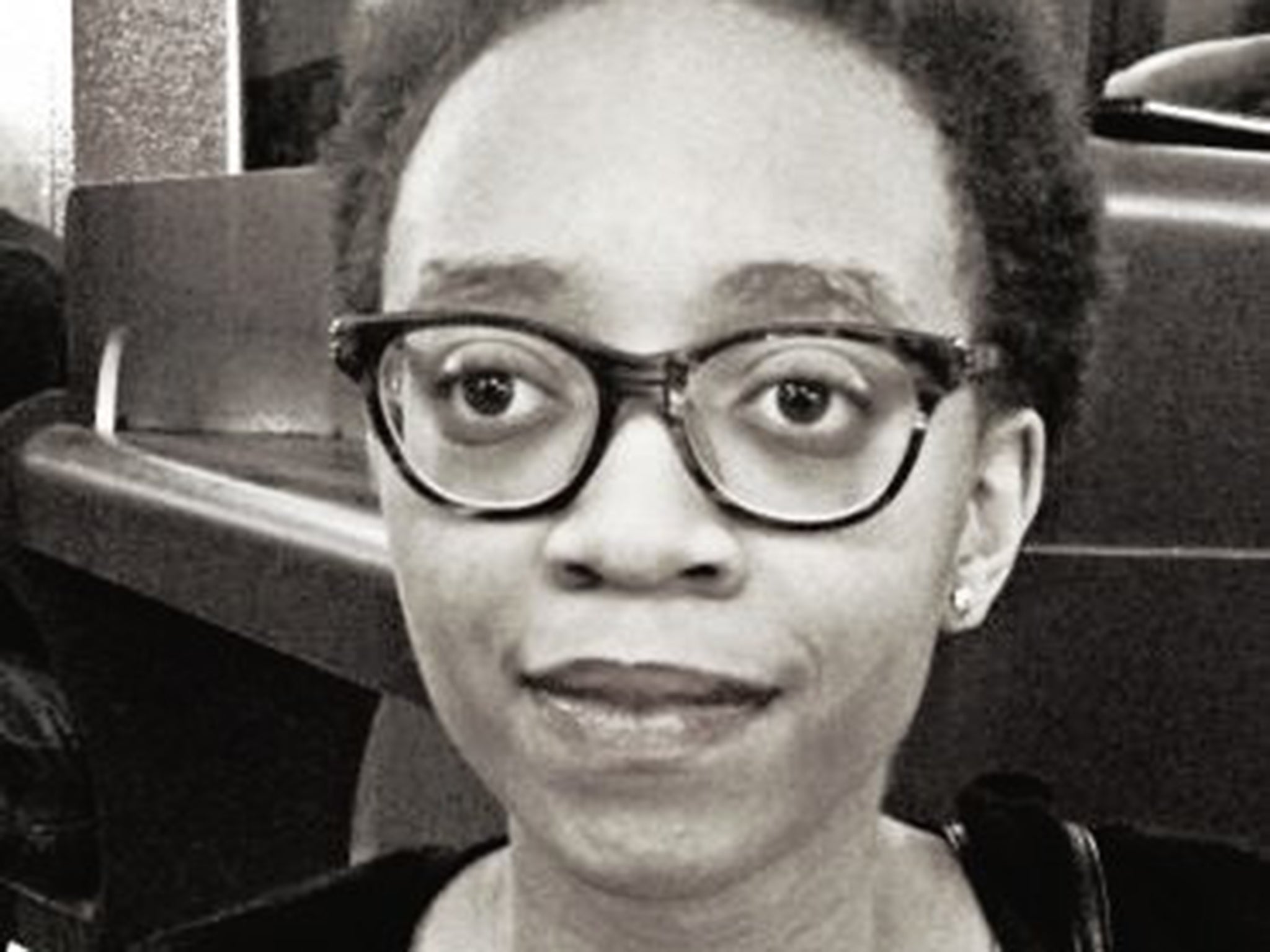
Ministers wanted students to focus on just three “key” strands of political theory – conservatism, socialism and liberalism – in classes from September 2017. However, a Department for Education source admitted that it was clearly a mistake to exclude feminism.
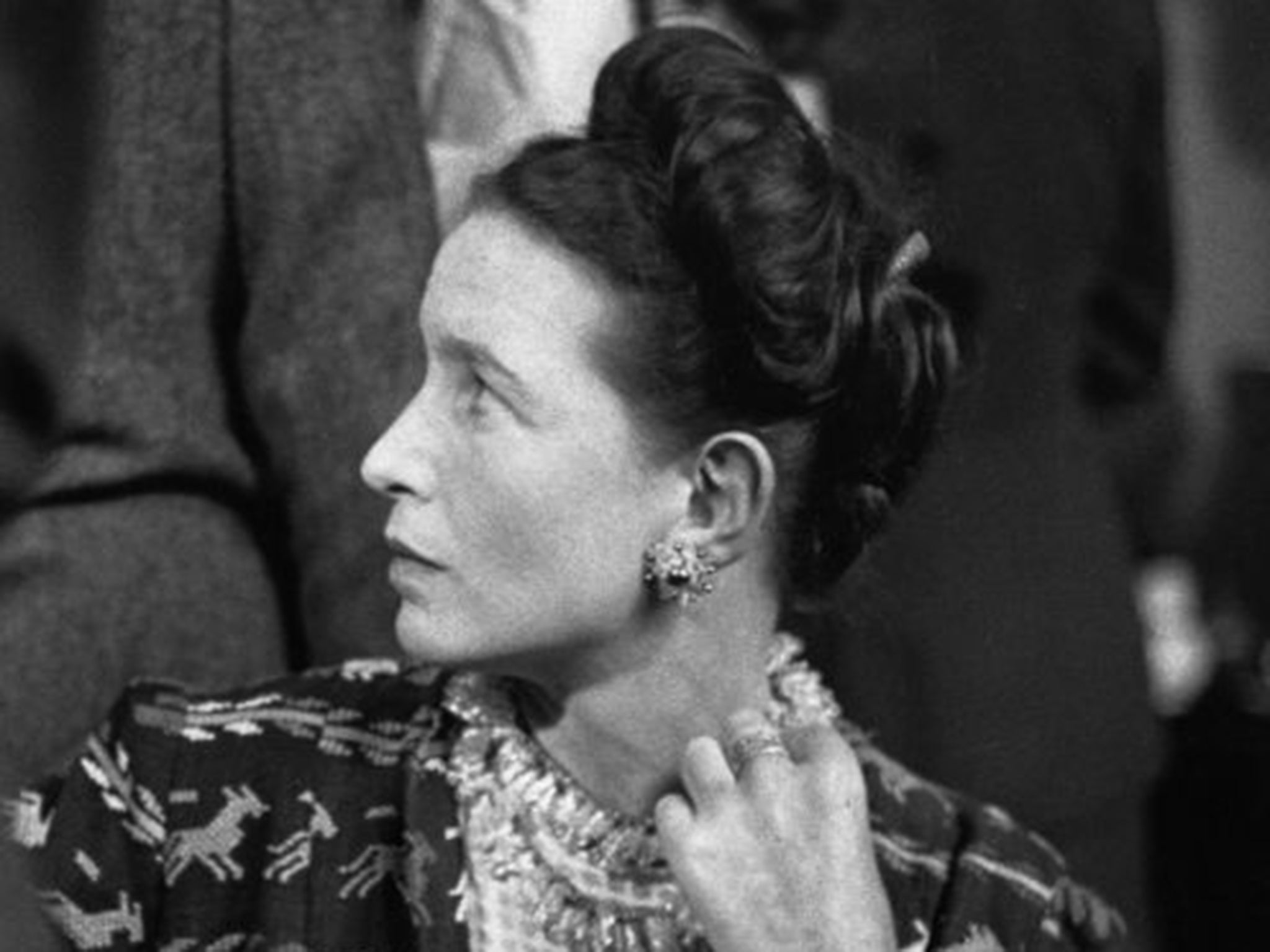
The source said: “Female thinkers have played a key role in shaping political theory not just in the UK but across the world, it’s obviously right that students should have an opportunity to study their work. Consultation responses clearly backed this change.”
The source said under the previous syllabus feminism had not been a compulsory subject, but had been popular among students alongside other political movements such as environmentalism. In changing the curriculum, however, the Government overlooked the importance of feminism as a stand-alone subject. Under the new proposals, students will be required to study the women’s rights movement.
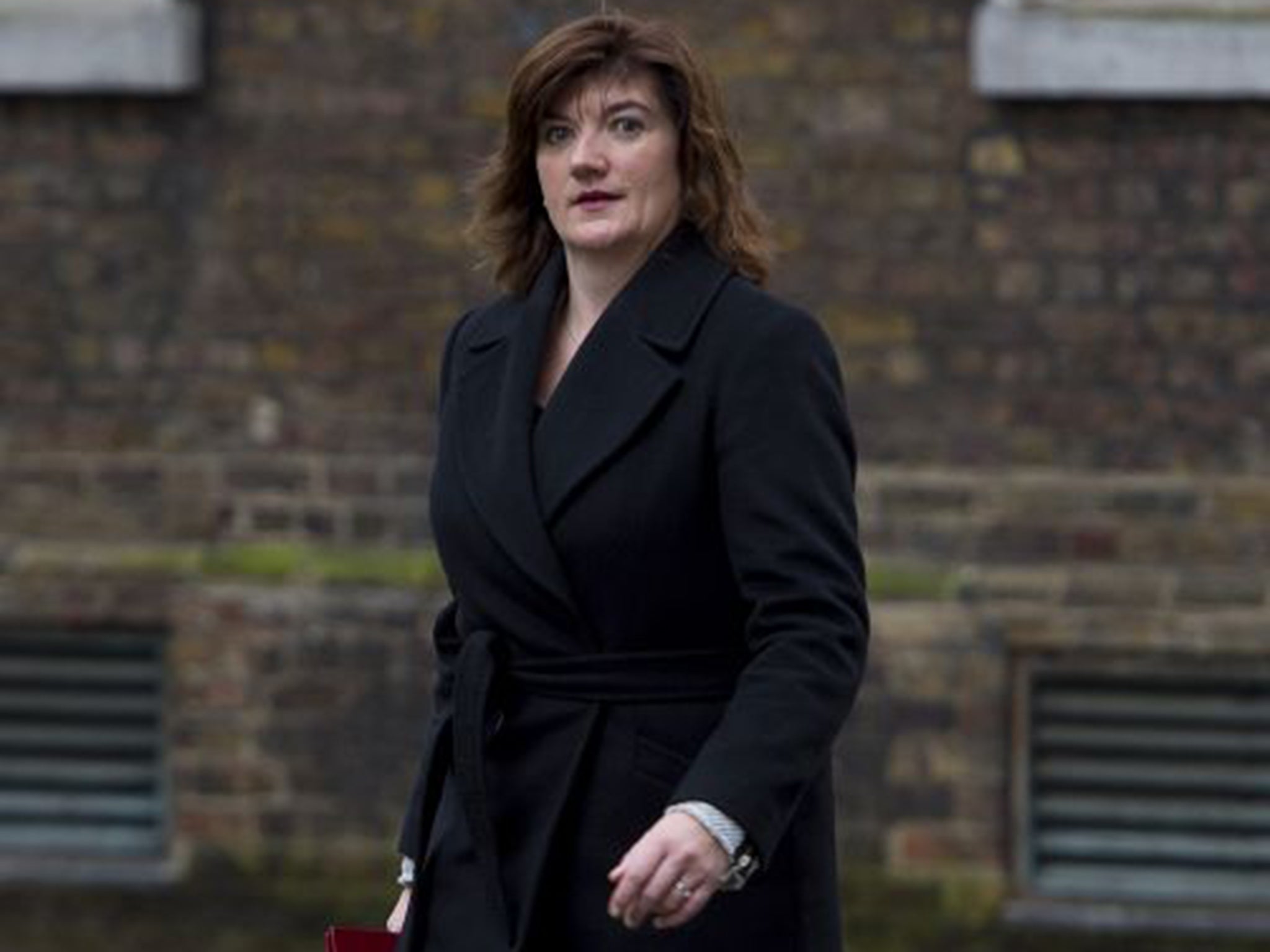
Ms Morgan will also increase the number of female political theorists who students are required to study. The original proposal featured only Mary Wollstonecraft. New names suggested for the revised curriculum include Hannah Arendt, Simone de Beauvoir and Ayn Rand.
The announcement comes before of a debate in the House of Commons on the issue tomorrow called by the Labour MP Rupa Huq. Labour accused Ms Morgan of relegating feminism to a “section on pressure groups”. In contrast, last year’s AQA politics and government A-level paper asked exam candidates: “Explain the term patriarchy in the context of feminism.” It also asked students to discuss the idea: “Legislation has failed to deliver equality of outcomes in respect of gender and ethnicity.”
Labour said these types of questions were at risk of not being asked. Rupa Huq, Labour MP for Ealing Central and Acton, said: ‘We must not write out women’s perspectives and contributions to our political history.”
Kate Green MP, the shadow minister for women and equalities, said women were “an afterthought” for the Conservatives: “This government’s policies are not developed from the perspective of women, and the impact on women is not properly considered.
“For example, 81 per cent of the savings made from tax and benefit changes since 2010 have come from women, while Nicky Morgan’s Department for Education has only two women represented on its board. ”
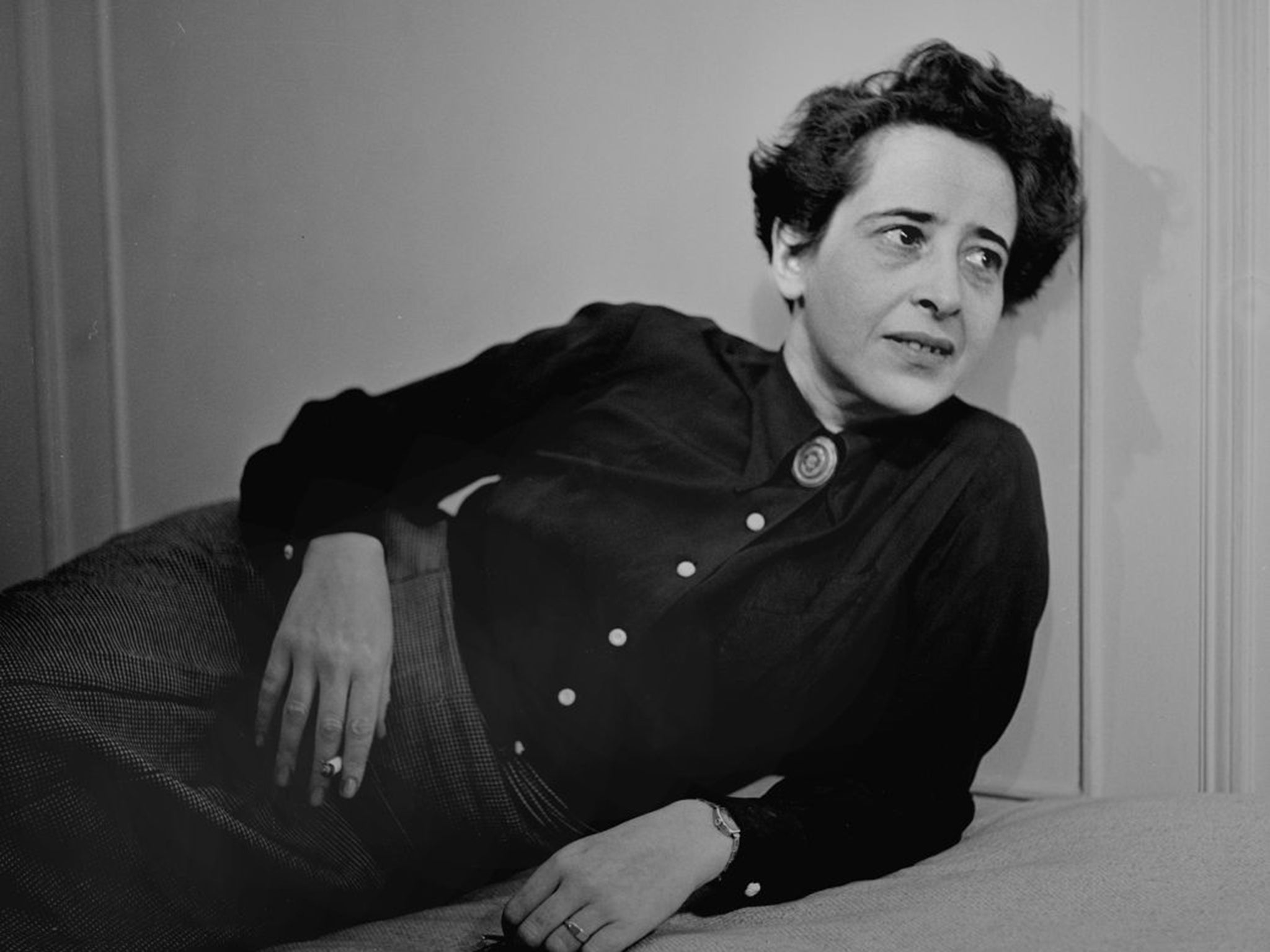
The petition calling for the changes was launched last year, by the A-level student June Eric-Udorie. It comes after a fellow student, Jessy McCabe, succeeded in her campaign to have female composers included on an A-level music syllabus, after realising there were no women among the 63 compositions selected by the Edexcel examining board for her exams.
Hanna Naima McCloskey, of the campaign group Fearless Futures, which supported Jessy McCabe’s campaign last year, said: “We need the Government to acknowledge that if it doesn’t want to silence women’s voices it must actively write women into our understanding of politics – where they have long been and where they most certainly belong.”
Join our commenting forum
Join thought-provoking conversations, follow other Independent readers and see their replies
Comments